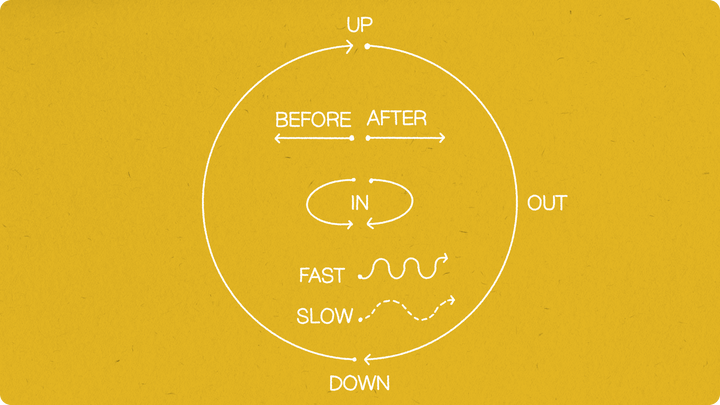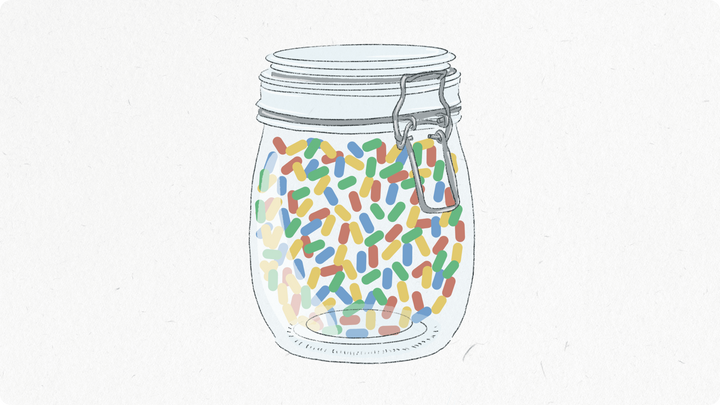Fields of Play
The Difference Between Artistic Competition and Athletic Competition
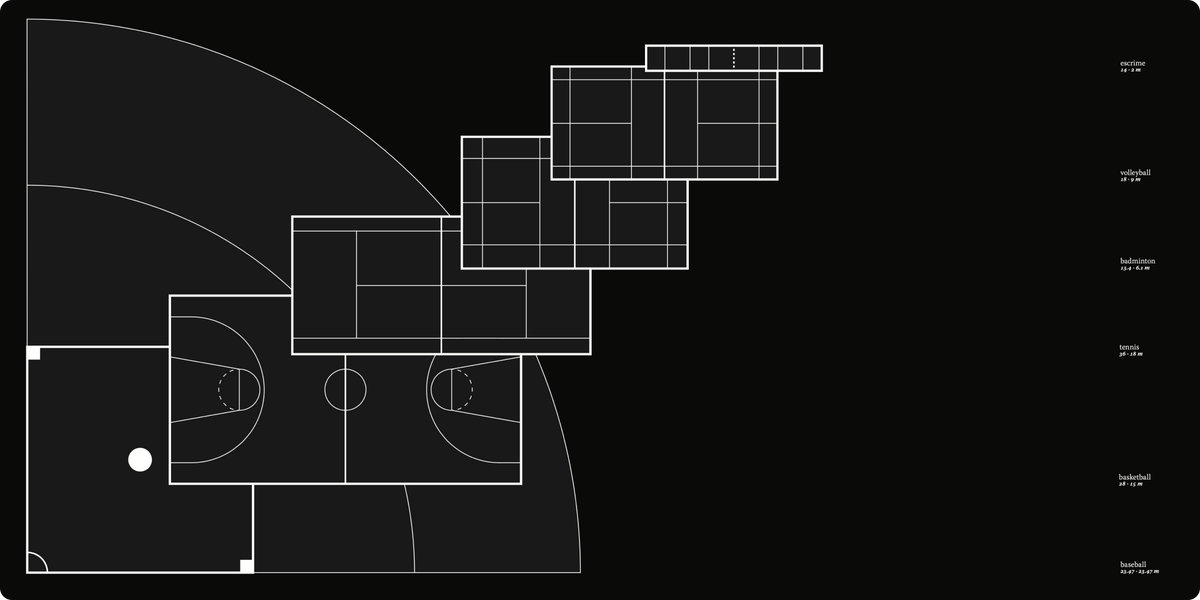
This winter, I caved in and followed local singing competition Star Académie. To my defense, my parents who are living abroad were watching it too and it was a fun weekly touchpoint for us. At one point, the participants met with Patrick Bruel, a famous French singer-songwriter. He was telling them about the music industry, and how they should prepare as they entered this scary world. In that moment, he said something that has stuck with me. Here's a loosely translated version:
"There is a place for everyone. That's the difference between artistic competition and athletic competition."
—Patrick Bruel
I really resonate with that. Personally, I've never understood the whole thing around sports. It feels so arbitrary. Teams, winners, losers, rules, penalties. Why?
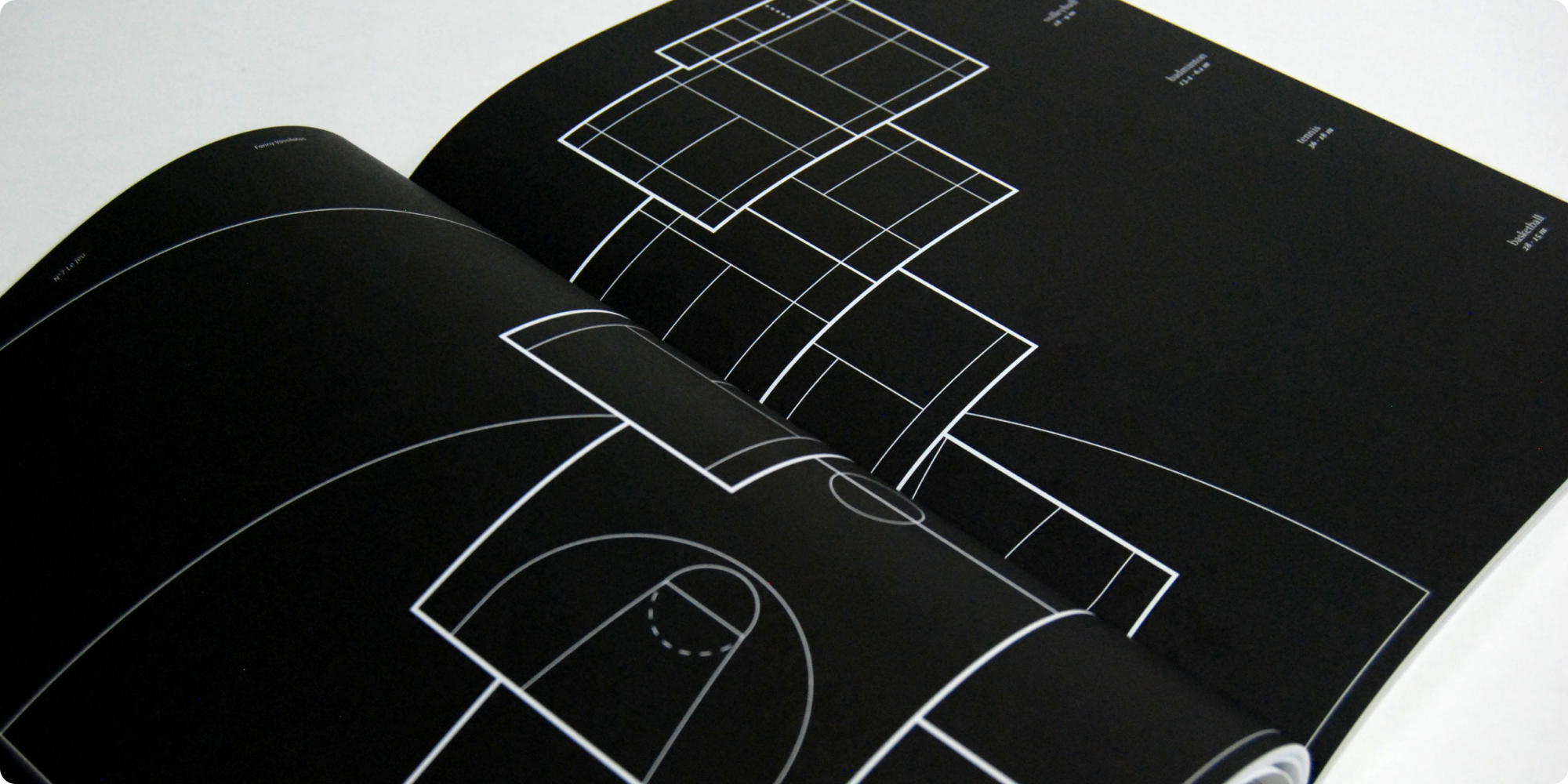
This relates to a piece of mine that was published in local design magazine Pica in 2015 where I designed a spread comparing the fields of various sports. Here's the writeup that accompanied the piece:
The pleasure of play largely comes from the possibility of victory. The competitive aspect is primordial in that it sparks enthusiasm, motivation, even participation itself. To allow for the determining of a winner or winners, and a loser or losers, there must be precise parameters within which the game is defined.
Even the most innocent games, imagined by kids during recess are given criteria for victory, a raison d'être. The rules and limitations define the very practice of the game or sport; whether they be penalties the referee can impose, the allowed number of players per team or even the painted lines that bound the field.
Fields of Play addresses this paradox; the contradiction between the pleasure brought by playing the game or sport, and the rigidity of the rules, this indispensable necessity that punctuates it. Which goes to show how reason infiltrates all human activity, as playful as it may be.
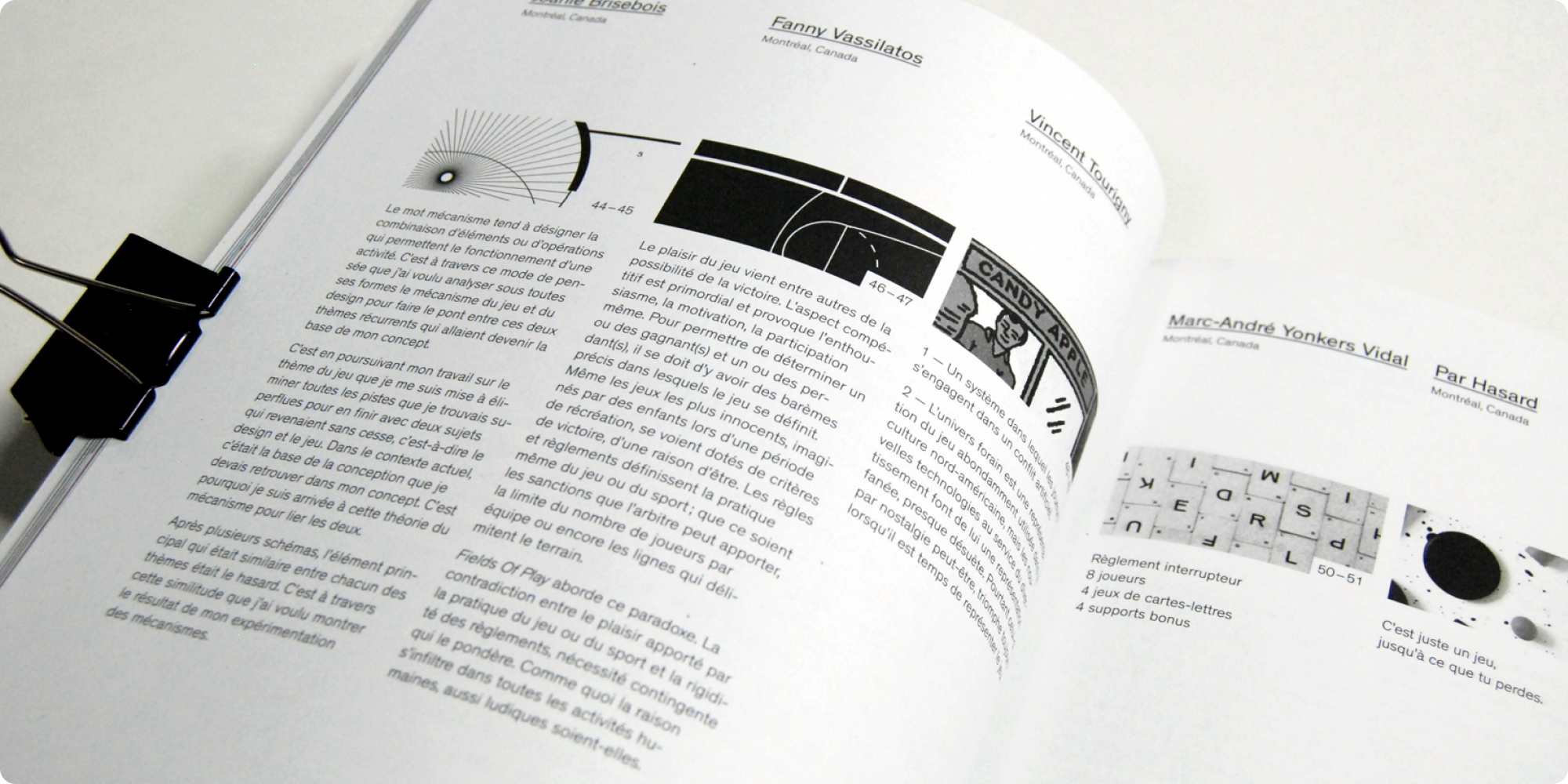
So that's my take around sports. Whereas for the artistic competition that Bruel was referring to, the field of play is infinite. It's about everyone playing together, playing their own game, in parallel, sharing the space. It's about artists expressing themselves and sharing their voice, their honesty. All artists get to carve out their own space as they find their fans.


